The pasta and peas recipe has been a trusted weeknight staple in my home for years. It’s one of those humble dishes that feels like a warm hug in a bowl. I discovered it on a rainy afternoon in Naples, where a local nonna taught me the power of simple ingredients. Ever since then, it’s been on regular rotation in my kitchen.
This pasta and peas recipe is perfect when you need something quick, comforting, and affordable. With a few pantry ingredients and a bag of frozen peas, you can whip up a dish that’s creamy, savory, and deeply satisfying. It fits beautifully into a busy weekday dinner, a meatless Monday, or even a cozy Sunday lunch when you’re craving something low-effort but soul-soothing.
And let’s not forget, it’s also budget-friendly and family-approved. Whether you’re cooking for one or feeding a crowd, this dish delivers every time. Keep reading to find out why this pasta and peas recipe should become your new kitchen favorite.
Table of contents
Why This Pasta and Peas Recipe Works Every Time
At first glance, pasta and peas might seem too simple. But the magic lies in the method. Cooking the pasta in just enough water with onions and seasoning allows the starch to thicken naturally, creating a velvety, almost risotto-like texture. No cream is needed, though you can certainly add some if you like it richer.
I love how customizable this pasta and peas recipe is. You can make it vegan by using olive oil instead of butter and skipping the cheese. Or make it extra indulgent with pancetta, parmesan, or even a poached egg on top. You can also use different pasta shapes, ditalini, shells, elbows, or even orzo work wonderfully.
Another win? The peas. They bring color, texture, and a touch of sweetness that balances the salty, savory depth of the broth and cheese. Whether fresh or frozen, peas cook quickly and absorb flavor beautifully.
This dish is also a great way to get kids (and adults) to eat more vegetables. Add in spinach, zucchini, or even finely chopped carrots if you want to sneak in extra nutrients.
It’s unfussy, nourishing, and versatile. A true Italian comfort food that’s greater than the sum of its parts.
Recipe Card
Tips for Perfect Pasta and Peas
- Choose the Right Pasta: Short pasta shapes like ditalini or small shells work best as they mix evenly with the peas.
- Don’t Skip the Pasta Water: The starch in the reserved pasta water helps bind the sauce, making it silky and flavorful.
- Season Generously: Both the pasta water and the sauce need proper seasoning to enhance the natural sweetness of the peas.
- Experiment with Add-ins: Pancetta or bacon can be added for a smoky depth, while fresh herbs like basil or thyme can enhance the flavor profile.
- Go Fresh When Possible: If it’s pea season, fresh peas can elevate this dish with their vibrant sweetness.
Health Benefits of Pasta and Peas Recipe
Pasta and peas, or pasta e piselli, is a wholesome and nutritious dish that combines comfort and nourishment. Peas are a powerhouse of vitamins, minerals, and antioxidants, rich in vitamin C, vitamin K, and dietary fiber, which support immunity, bone health, and digestion. They also provide plant-based protein, making this dish a satisfying option for vegetarians. Pasta, when enjoyed in moderation and preferably whole-grain, offers a great source of energy from complex carbohydrates, along with essential nutrients like iron and B vitamins. The combination creates a balanced meal, low in fat and brimming with flavor. By including ingredients like olive oil, garlic, and fresh herbs, this recipe also delivers heart-healthy fats and anti-inflammatory properties.
Variants That Add a Twist to This Classic
Creamy Pasta and Peas Recipe
Add a splash of cream or half-and-half at the end for a silky, luxurious sauce. Stir it in after the pasta is cooked and simmer just until heated through. This turns the dish into a decadent treat perfect for a dinner party or cold winter night.
Pasta and Peas with Pancetta
For a salty, smoky punch, sauté diced pancetta or bacon with the onions. The rendered fat adds incredible depth, and the crispy bits offer a satisfying contrast to the tender peas.
Lemon and Herb Pasta and Peas
Brighten things up with lemon zest, a squeeze of juice, and fresh herbs like mint, parsley, or basil. This variation is especially refreshing in spring or summer and pairs wonderfully with grilled fish or chicken.
Vegan Pasta and Peas Recipe
Use olive oil instead of butter and nutritional yeast in place of cheese. You’ll still get a cheesy flavor with a plant-based twist. Add a little miso paste or soy sauce to deepen the umami.
FAQs
Yes, but the texture and flavor will be different. Frozen or fresh peas are recommended for the best results.
Store in an airtight container in the fridge for up to 3 days. Reheat gently on the stovetop, adding a splash of broth to loosen the sauce.
Absolutely! Just use your favorite gluten-free pasta.
Yes, it reheats well, making it a great option for meal prep. Just keep the pasta slightly undercooked to prevent it from becoming mushy.
How to Make Pasta
Making pasta is a straightforward yet rewarding process that starts with a few simple ingredients: flour, eggs, and a pinch of salt. Combine the ingredients into a dough, knead until smooth and elastic, and let it rest to develop its texture. After resting, the dough is rolled out and shaped into the desired form—whether spaghetti, fettuccine, or ravioli, using a rolling pin or pasta machine. Freshly made pasta cooks quickly in boiling salted water, often taking just 2–3 minutes. For those using dried pasta, ensure the water is at a rapid boil and stir occasionally to prevent sticking. Whether homemade or store-bought, perfectly cooked pasta should be al dente, tender yet firm to the bite, providing the ideal base for any sauce or accompaniment.
Wrapping It Up
There’s something truly magical about a recipe that comes together with minimal effort but delivers maximum comfort. This pasta and peas recipe is the kind of dish you can rely on when time is short, ingredients are limited, or you simply need something warm and satisfying.
It’s a classic example of cucina povera, simple Italian home cooking that transforms pantry basics into soul-nourishing food. Whether you’re feeding picky eaters, cooking for yourself, or just want to avoid takeout, this dish comes through every time.
Craving more comforting pasta dishes? Try our Shrimp Orzo Recipe, a rich and indulgent meal perfect for any Italian cuisine lover!

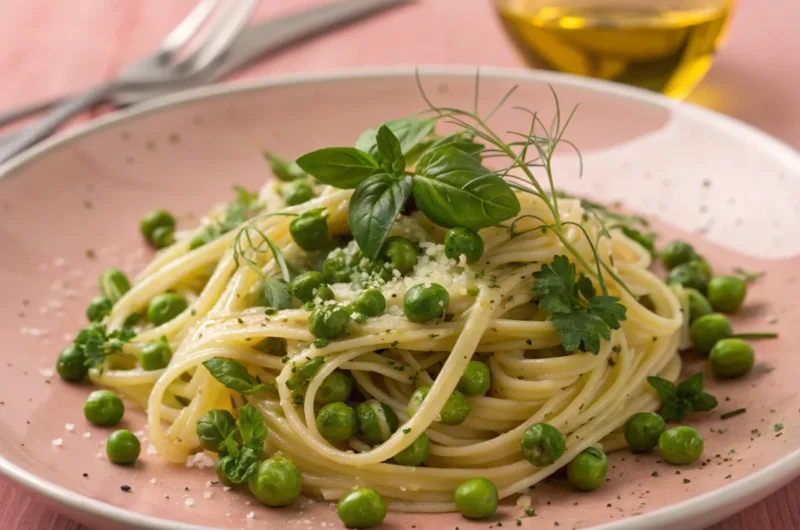

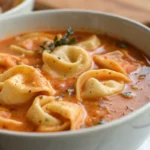



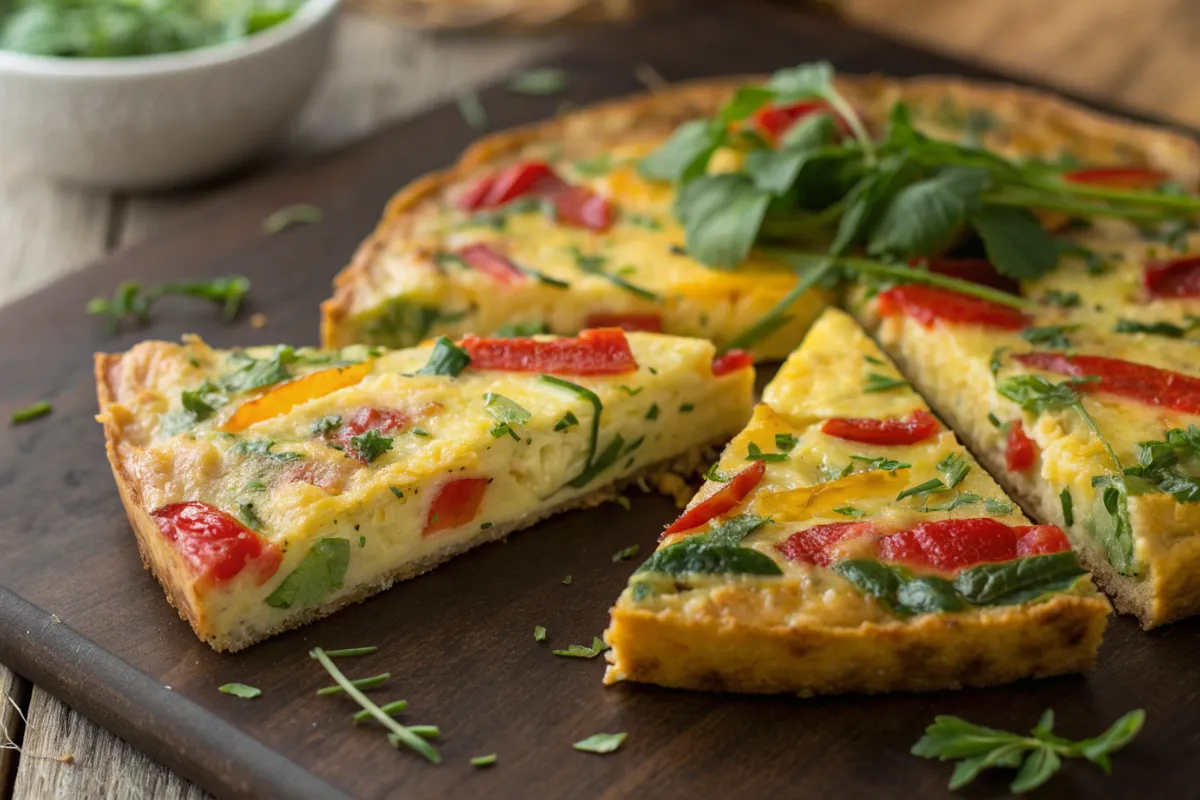
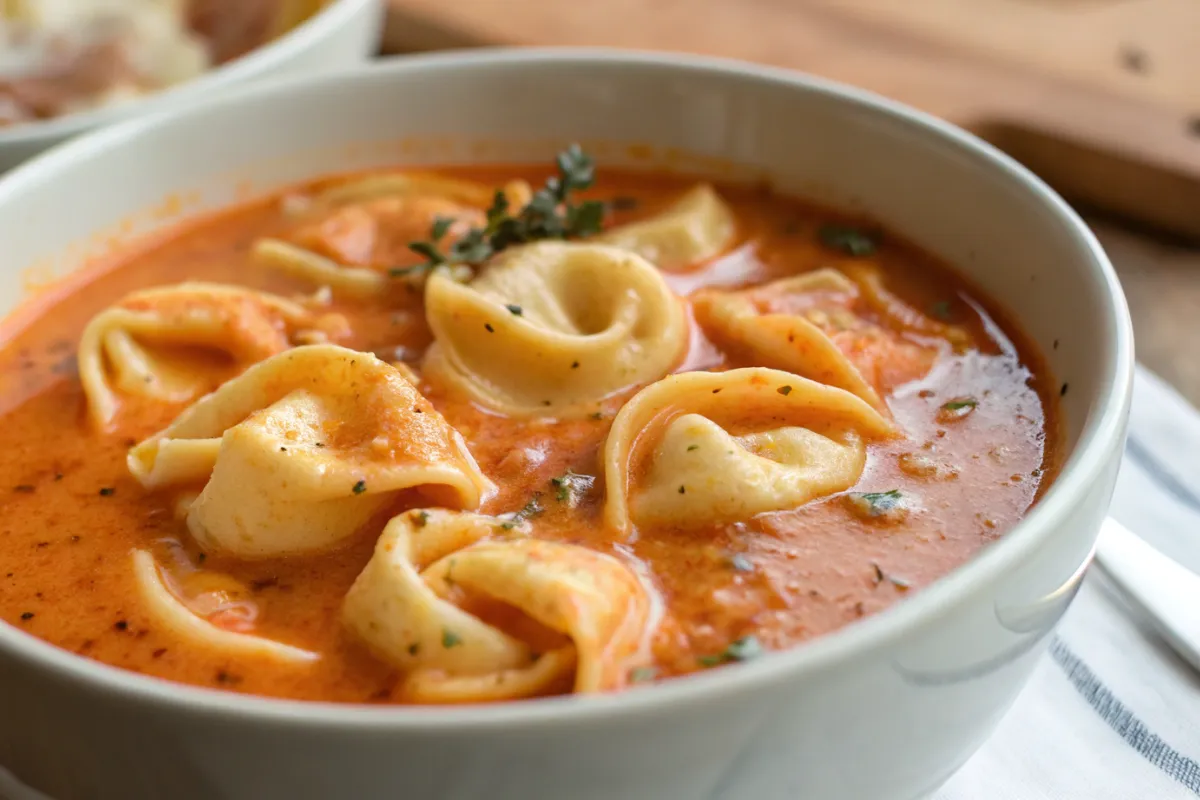
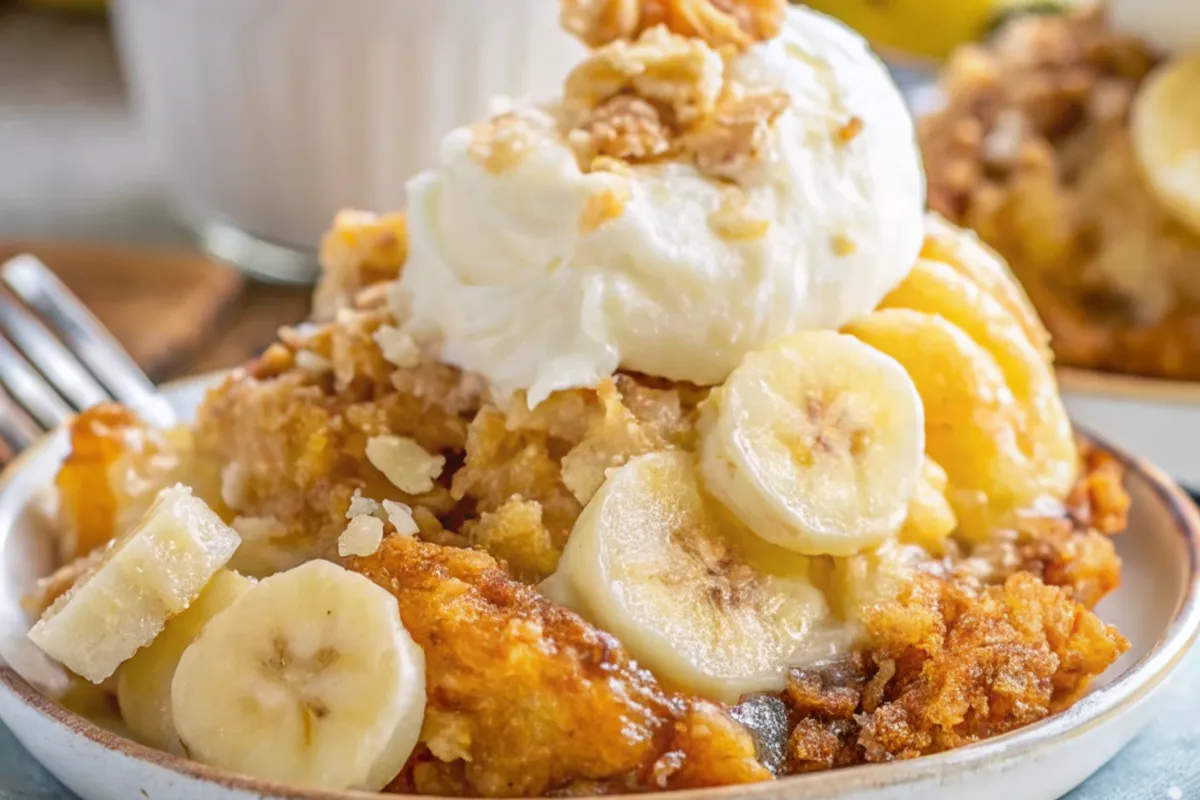

Leave a Reply